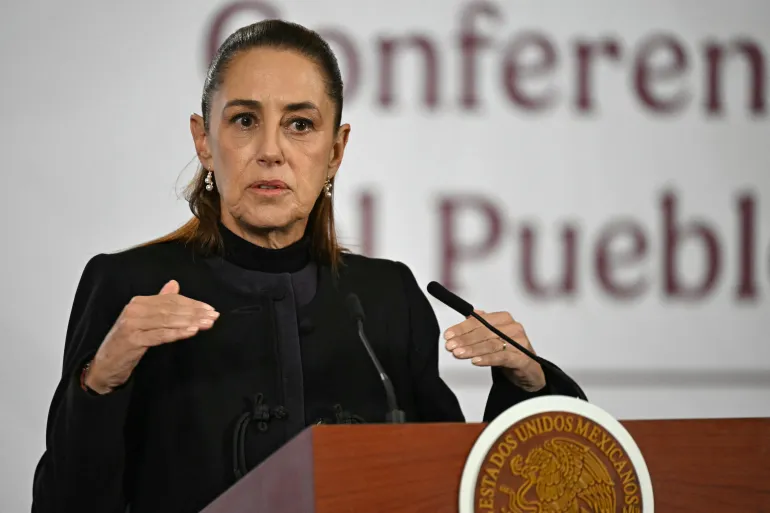NSE Faults Power Sector Reforms, says Electricity Liberalisation Yet to Yield Results

Nearly two decades after Nigeria liberalised its electricity market to attract private investment and expand generation capacity, the Nigerian Society of Engineers (NSE) says the sector has yet to deliver meaningful progress.
Former NSE president, Tasiu Gidari-Wudil, stated this in Abuja on Friday while delivering the keynote lecture at the 29th edition of the NSE October Lecture Series.
Gidari-Wudil said the 2005 Electric Power Sector Reform Act, which unbundled the National Electric Power Authority (NEPA) and established the Nigerian Electricity Regulatory Commission (NERC), has not translated into tangible benefits for Nigerians.
“The sector has failed to deliver the promised transformation nearly two decades after liberalisation,” he said. “If you ask whether there has been significant progress since 2005, the short answer is no.
By now, we should have exceeded 30,000 megawatts, but due to political interference, regulatory lapses, and weak implementation, progress has been far below expectations.”
He noted that despite an installed capacity of about 13,000 megawatts, actual generation still averages less than half that figure.
According to him, the industry continues to face chronic power outages, infrastructure decay, and economic sabotage, with persistent challenges across generation, transmission, and distribution.
“Distribution companies in particular must curb rampant commercial and collection losses, which remain the bane of electricity supply in Nigeria,” he added.
While acknowledging that private sector participation has introduced some accountability, the former NSE president said mismanagement and consumer indiscipline still undermine progress.
“Everyone wants free electricity, but no one dares to leave a petrol station without paying. Until we confront this culture, reforms will not succeed,” he said.
The lecture, themed “Evaluating Nigeria’s Power Sector Reforms: 2005–2023 — A Quantitative Analysis of Technical Performance and Regulatory Impact,” examined post-reform developments including the privatisation of generation and distribution companies and the creation of NERC as an independent regulator.
Gidari-Wudil observed that despite over $10 billion in post-privatisation investments, Nigerians still endure blackouts and frequent grid collapses. Transmission losses average between 8 and 12 per cent, while some distribution companies collect as little as 30 per cent of their billed revenue.
He identified policy inconsistency and political interference as major setbacks but described the 2023 Electricity Act as a potential turning point.
The law allows states to set up their own regulators — with 11 states already doing so — and provides for an independent system operator to enhance grid efficiency through modern monitoring technologies.
“We are moving towards a U.S.-style model where every state has its public utilities commission, and even villages can form cooperatives for self-generation,” he said.
Gidari-Wudil called for cost-reflective tariffs, transparent subsidies, and stronger regulatory oversight, stressing that only faithful implementation of reforms would make a lasting difference.
In her opening remarks, NSE President Margaret Aina Oguntala said the annual lecture provides a platform for engineers, policymakers, and stakeholders to engage in frank discussions on national development issues.
She pledged that the society would forward its recommendations to government authorities and continue to advocate for evidence-based policies to strengthen the power sector.









